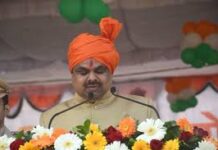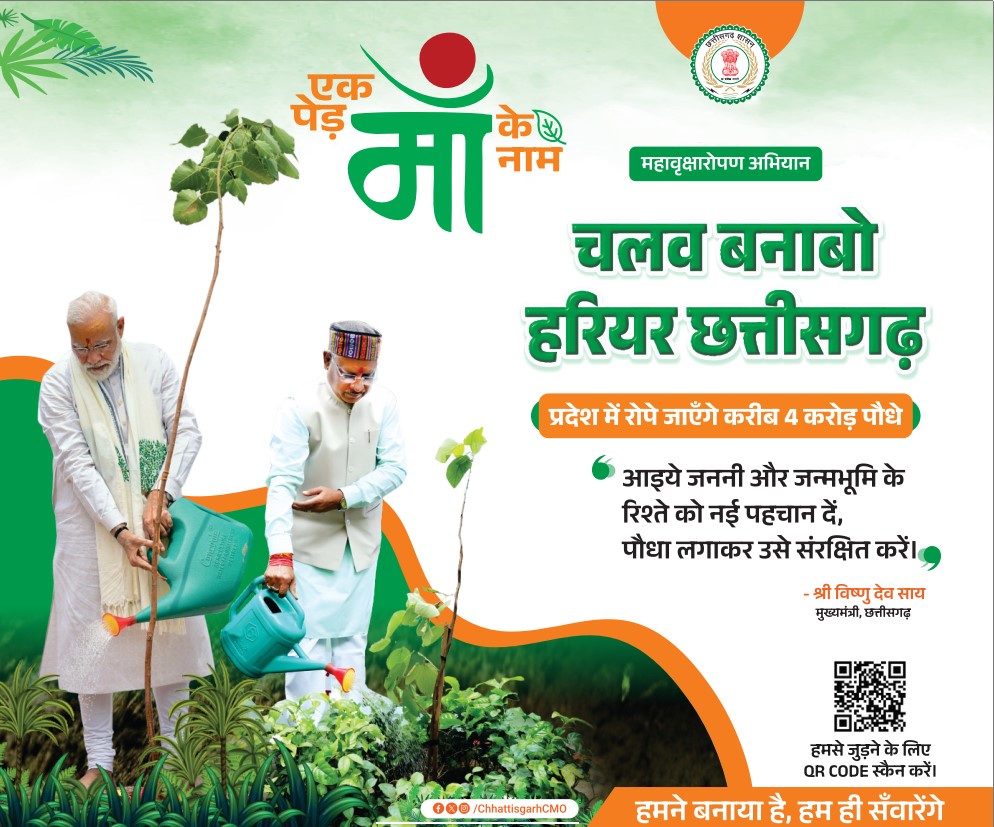
In a recent government audit, the Comptroller and Auditor General of India (CAG) shed light on the “very high” civil construction cost of the Dwarka Expressway project. The Dwarka Expressway, aimed at easing traffic congestion between Delhi and Gurugram, was sanctioned at a cost of Rs 250.77 crore per km by the Ministry of Road Transport and Highways (MoRTH). This is significantly higher than the approved cost of Rs 18.20 crore per km set by the Cabinet Committee on Economic Affairs (CCEA) for similar projects under the National Corridors Efficiency Improvements Programme.
The audit report, covering the period from 2017-18 to 2020-21, raised concerns about the cost of the 14-lane road project, which includes eight elevated lanes and six lanes at ground level. The Expressway’s primary purpose was to ease congestion on NH-48 between Delhi and Gurugram by expanding it into a wider national highway.
The Dwarka Expressway’s construction cost of Rs 250.77 crore per km far exceeded the approved amount by the CCEA, which was only Rs 18.20 crore per km. This significant discrepancy, highlighted by the government’s top auditor, indicates that the project was executed at a cost that was 14 times higher than initially approved.
The Ministry of Road Transport and Highways provided a response in April 2022, explaining that the decision to develop an eight-lane elevated corridor was made to ensure smooth traffic flow between states. However, the CAG expressed doubts about the justification for constructing eight elevated lanes for an average daily traffic of 55,432 passenger vehicles, when only six lanes at ground level were planned for an average annual daily traffic of 2,32,959 passenger vehicles.
The audit report also revealed that this issue was not isolated. The cost discrepancies extended across multiple projects under the Bharatmala Pariyojana. The sanctioned costs for these projects were 58% higher than the approved costs, indicating a broader trend of cost inflation.
Despite the cost challenges, the report did note some positive developments. The construction pace under the Bharatmala Pariyojana improved from 1.04 km per day in 2018-19 to 12.37 km per day in 2022-23. However, the audit underscored the importance of adhering to approved project costs, transparent appraisal mechanisms, and careful implementation to avoid these kinds of discrepancies in the future.
READ MORE: https://clipper28.com/en/sudha-murthy-and-shankar-mahadevan-to-shape-ncert-textbook/







